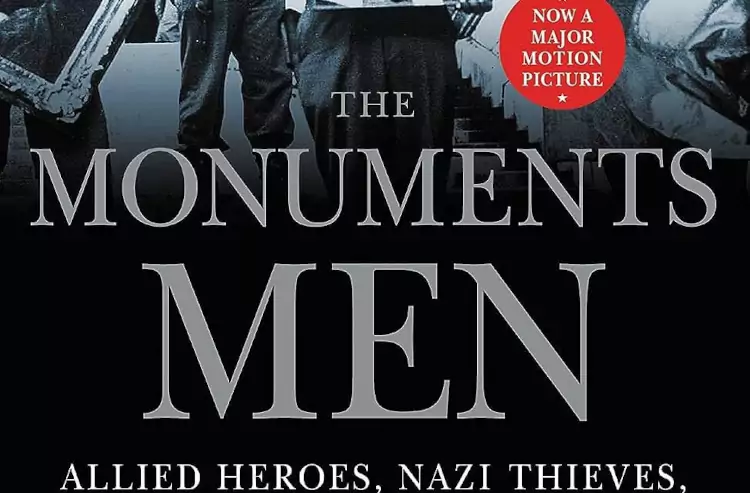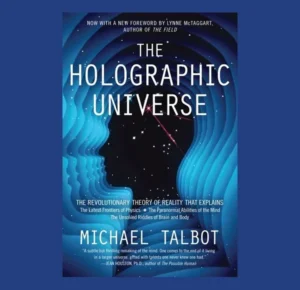
Certainly, there are as many ways to write engaging and immersive literary non-fiction as there are to write engaging and immersive literary fiction. Oftentimes, the best subjects for such works are the strange corner-cases of history, unexplored lacunas that public consciousness is scarcely aware and could stand to be better informed of. Such, I assumed, would be the case with Robert M. Edsel’s The Monuments Men: Allied Heroes, Nazi Thieves and the Greatest Treasure Hunt in History. Even the title seems to boast of an almost unbelievable and unheard of story of action and adventure, lurking under a period of history so thoroughly explored. How unfortunate, then, that The Monuments Men is a sterling example of the other, more boring, kind of literary non-fiction.
The Monuments Men exhaustively tells the story of the Monuments, Fine Arts and Archives (MFAA) program, an initiative undertaken by the Allied war effort to secure and preserve the many artistic treasures and culturally significant locations of Europe from the rampaging effects of World War II. Ostensibly an underdog story about a small unit of fish-out-of-water historians and conservationists, attempting to preserve and prevent some of history’s greatest artifacts from destruction by an uncaring war, the book ought to be an inspiring tale about the importance of culture and humanity in a time when both were put upon the chopping point. The book is certainly striving to be that, but suffers from an acute case of overload syndrome.
In the introduction, Edsel sets the stage for the sheer volume of material surrounding his work. He states that he’s been forced, much against his will, to exclude the MFAA’s entire campaign in Italy from his text, for purposes of excessive length. He claims, were he to include these passages, the book would simply be unreadably long. This shocked me, initially, considering how much great art – Michelangelo, Da Vinci, Raphael – is centered there. It struck me, while reading the first chapter, that perhaps Edsel could’ve included more of the MFAA’s efforts in Italy had he chosen to neglect the pages upon pages he’d written on the history of the hometown of one of the book’s ten protagonists, a character we don’t even first encounter until substantially further into the text.
The book absolutely sags beneath this extreme wealth of information, far more information about every bureaucratic, biographical and historical facet with even the most remote connection to the book’s main plot thread. On one occasion, in illustrating one character’s distrust of machinery via an anecdote about a fishing boat’s broken outboard motor, Edsel expounds on the flounder caught while fishing in said boat, about how marvelous such a sight would be to the young man – a fish with two eyes on the side of its head. The text is simply loaded with these irrelevancies, to the point where it does, in fact, become nearly unreadable.
Beyond this, Edsel feels the need to provide wooden, unconvincing pseudo-dialogue to pad out some scenes of inner reflection and narration, dialogue that’s starkly out of place in a manuscript as desperately dry as this one. In a work of historical fiction or a more biographical account of one character’s journey, such a thing might be more acceptable, but here, in this volume, it simply grates the nerves more and more.
In short, The Monuments Men may have an engaging and immersive narrative woven in, somewhere, among the tedium, but the author’s efforts to further enlighten only dredge the entire process into bland cornmeal. I cannot imagine how anyone could’ve read a book this stuffy and see a historical blockbuster film hidden somewhere within its bulk. I can only assume the film, by necessity will improve considerably on its source material.


